Discover the Versatility of 2mm Polyester Cord
The 2mm polyester cord stands as a versatile component in various industries, known for its durability and flexibility. This category encompasses a range of cords that cater to different applications, from simple crafting needs to the demands of heavy-duty industrial use.
Types and Applications
Utility cords and braided polyester cord options fall under this category, each serving specific functions. Utility cords are often sought for their resilience and are commonly used in outdoor gear and sports equipment. On the other hand, braided cords offer a dense and sturdy option, ideal for applications requiring robust strength and minimal stretch.
Features and Materials
The 2mm polyester cord is characterized by its resistance to abrasion and UV light, making it suitable for outdoor use. The material composition of these cords ensures longevity and consistent performance under various environmental conditions. Polyester's inherent qualities provide a balance of flexibility and tensile strength, which is essential for cords that are expected to maintain their integrity over time.
Advantages of Polyester Cord
One of the primary advantages of using a polyester pull cord is its resistance to moisture and chemicals, which makes it a reliable choice in harsher environments. Additionally, the non-elastic cord nature of polyester ensures that it maintains its length without stretching, which is crucial for precision tasks.
Industrial and Consumer Use
In an industrial setting, a heavy-duty polyester cord is often integral to operations, providing a secure means of handling loads or as part of machinery. For the consumer market, the adaptability of the 2mm cord makes it a popular item for DIY projects, home improvements, and as a component in electronic accessories.
Choosing the Right Polyester Cord
When selecting a 2mm polyester cord, it is important to consider the specific requirements of the task at hand. Factors such as cord flexibility, resistance to external elements, and load capacity are crucial to ensure that the chosen cord meets the needs of the application without compromise.








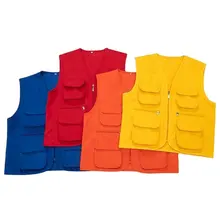






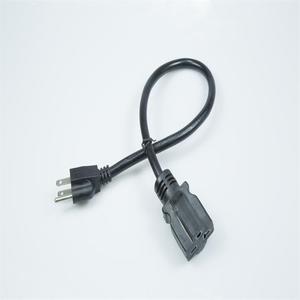
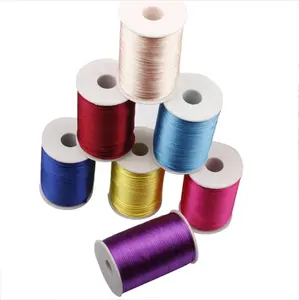
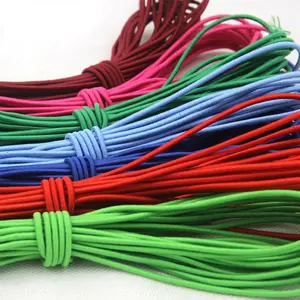
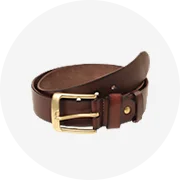


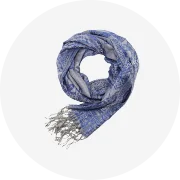


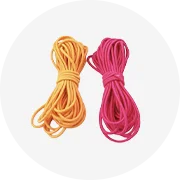





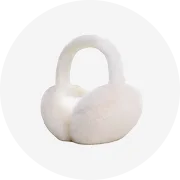


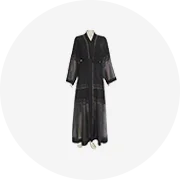








 浙公网安备 33010002000092号
浙公网安备 33010002000092号 浙B2-20120091-4
浙B2-20120091-4